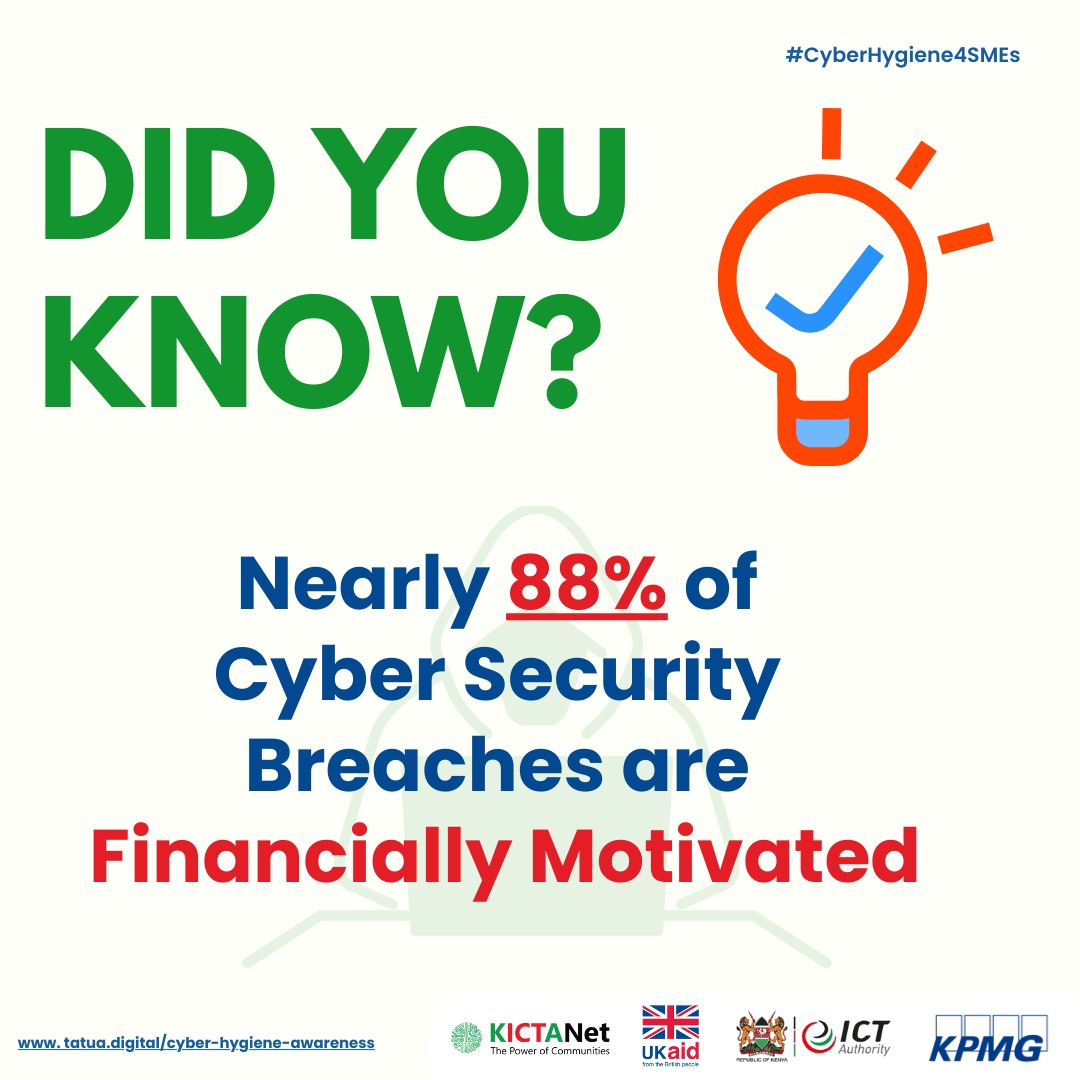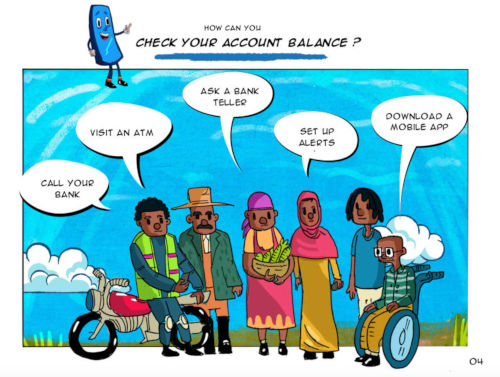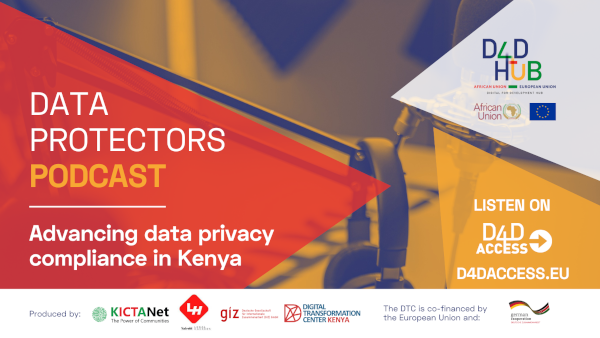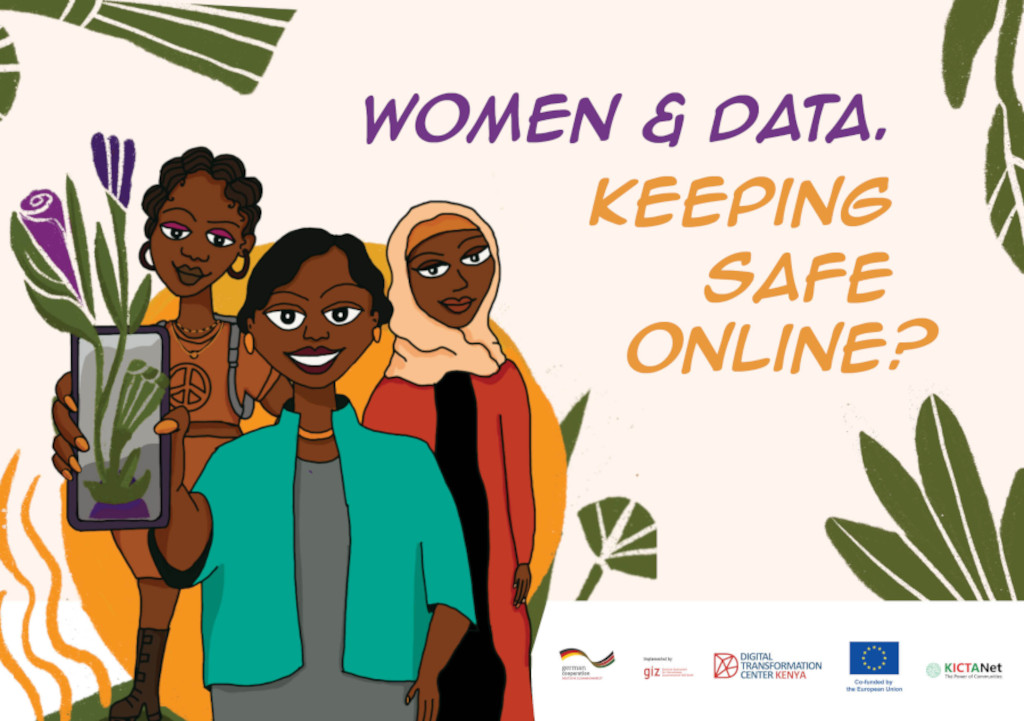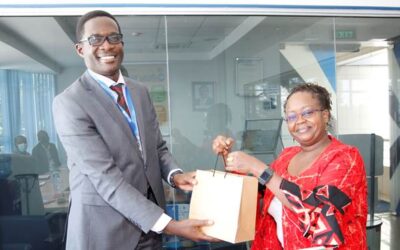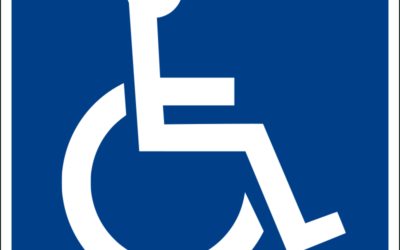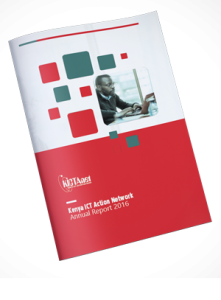KICTANET POST : Latest news, events & opportunities
Courtesy call with Communications Authority
KICTANet in its leadership role as a champion for public interest policy and regulation held consultations with the new Director-General of the Communications Authority of Kenya Mr. Ezra Chiloba. They held discussions on various issues and trends in the ICT sector and...
Can the world achieve meaningful access? Lessons from the IGF in Poland
By Catherine Kyalo. Do you own a smartphone, have access to WiFi but feel half the time you are reloading pages, struggling to make out words on a WhatsApp call? Do you dread the idea of going to “shags” because you cannot afford to be cut off from the world for three...
Digital Accessibility in Kenya Post COVID-19
By Judy Okite. When the COVID-19 pandemic was first announced in Kenya, in March 2020, there was panic as the news showed the effects of curfews, with the closing of offices, businesses, and schools. Three days after the initial announcement on the first COVID-19...
Cybersecurity Priorities in Kenya for a Post COVID-19 World
On Thursday, 25 November 2021, KICTANet, in partnership with the UK Government's Digital Access Program, held a Roundtable meeting on Cybersecurity in Kenya on priorities for a Post COVID-19 World. The theme of the meeting was Building Back Better. The online meeting...
What is a Data Protection Impact Assessment
What is a Data Protection Impact Assessment (DPIA)? A DPIA is a process to help you identify and minimize the data protection risks of a project. Importance of a DPIA They negate the risk that may arise in the collecting and processing of data They enable...
Kenya adopts the community networks licensing framework
The Communications Authority of Kenya (CA) formulated a Licensing and Shared Spectrum Framework for Community Networks, with contributions from KICTANet, the entire community, and other partners (the Association for Progressive Communications (APC), the University of...
My #KeSIG2021 Experience – A Cheat Sheet for Future Students
By Cherie Oyier. Earlier this year 2021, I read a book by Austin Kleon titled, “Show Your Work.†It is a tiny book that I think everyone should read. Anyway, this book’s main objective is to encourage more people to show the behind-the-scenes or backend...
Why Parliament must not pass the anti-pornography bill
By Winfred Gakii. Early 2021, Garissa Township MP Aden Duale tabled a bill to criminalize pornography. The Computer Misuse and Cybercrime (Amendment) Bill, 2021 was gazetted on 16th April 2021 and read for the first time on 9th June 2021. The bill seeks to amend the...
What are the key highlights of the 14th Kenya Internet Governance Forum?
The Kenya ICT Action Network (KICTanet) has successfully concluded the 14th edition of the Kenya Internet Governance Forum, also #KeIGF2021. Hosted in a hybrid fashion – the forum was themed; Internet United and was primed to enhance the universal access of the...
KICTANet is a multi-stakeholder Think Tank for ICT policy and regulation. The Think Tank is a catalyst for reform in the Information and Communication Technology sector. Its work is guided by four pillars of Policy Advocacy, Capacity Building, Research, and Stakeholder Engagement.
KICTANet’s mission is to promote an enabling environment in the ICT sector that is robust, open, accessible, and rights-based through multistakeholder approaches.
During the 2022 – 2024 strategic period, KICTANet has prioritised the promotion of effective multistakeholder participation; an enabling legal, policy and regulatory environment; building capacities and empowered communities; and institutional strengthening. KICTANet’s guiding philosophy encourages synergies in ICT policy-related activities and initiatives. As such, the network provides mechanisms and a framework for continuing cooperation, engagement and collaboration in ICT matters among industry, technical community, academia, media, development partners, civil society and government.
_____
Strategic Priority.
- Convening power. To strengthen and promote engagement, collaboration and relationships with relevant stakeholders (state, business and non-state actors).
- Promoting an enabling environment. To catalyse policy, legislative and regulatory reforms in the ICT sector.
- Building capacities and empowered communities. To build the capacity of the stakeholders across government, business society and civil society and the citizens.
- Institutional strengthening.
The report outlines the work undertaken in between 2007 and 2016 which is underpinned by crowd sourcing and community engagement
Click here to download the report
FACTS AND FIGURES
Achievement of the Network over the Years
Publications
Thought Leadership Forums
Persons trained
Policy Interventions
Conversations in KICTANET listserv
Active listers contributing often
Different conversation threads
Impressions on ICT policy discussions
Our Pillars
KICTANet’s organisational strategy:
Policy Advocacy
Capacity building
Research
Stakeholder engagement
We facilitate stakeholder engagement through collaborative initiatives in face-to-face Town Hall meetings, and in the KICTANet?s interactive mailing list where multiple stakeholders engage regularly on ICT policy issues.


